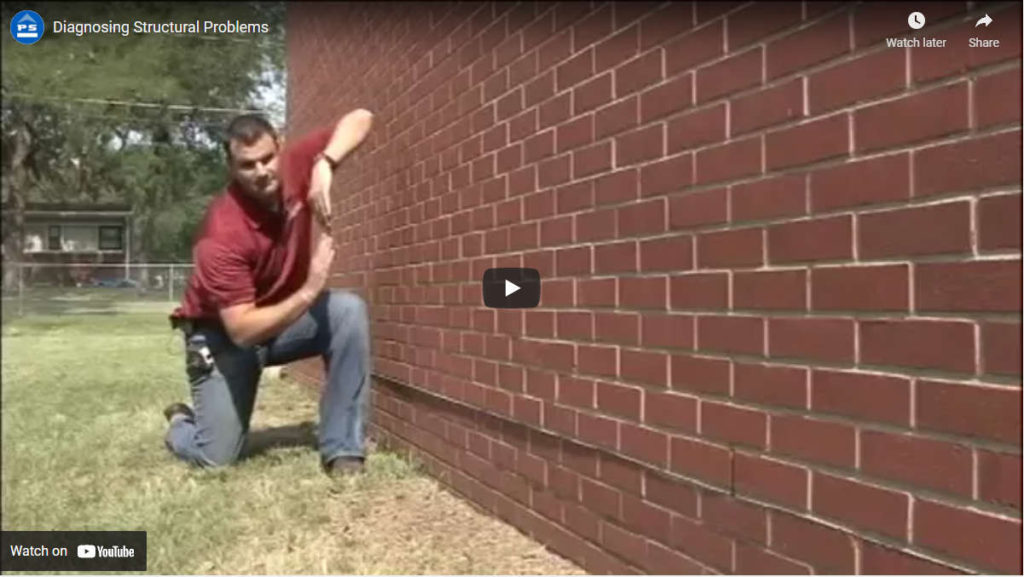You’ve found a candidate for your dream home and are eager to make an offer and get moved in… But before you make that commitment, you may have noticed some cracks in the home’s foundation. Some cracks may be minor, but they could also signify a bigger problem. Before buying, you need to be sure you won’t end up spending thousands of dollars getting your new home’s foundation repaired.
Get a Home Inspection
Since a home inspection is usually part of the home buying process, pay close attention to what your inspector finds regarding the foundation. If the home inspector’s report indicates more significant problems may be present, don’t hesitate to hire a structural engineer to do a more thorough inspection. Since the engineer can use state-of-the-art equipment to analyze the foundation, they can give you a detailed report on what is wrong.
Small Cracks are Common
If you’re purchasing an older home, it’s common for foundations to contain small, inconsequential cracks. In most cases, you can hire foundation repair contractors to patch these cracks. A contractor can also evaluate the rest of the foundation for any other concerns. To prevent future problems, they will also likely recommend you grade the surrounding soil so that water runs away from the foundation.
Large Cracks are Cause for Concern
While small cracks are often not a big deal, the same cannot be said for large cracks in a home’s foundation. These cracks can mean that it is shifting and could indicate significant structural problems. When looking at a home that you are considering buying, pay particular attention to horizontal cracks in the foundation and any that resemble stairs in the foundation’s blocks.
Foundations and Gaps
If a building has significant foundation issues, chances are you will also notice gaps here and there as you walk through the home. Some of the most common examples of foundation issues include gaps around windows or doors. Also, if there are large cracks in the foundation, there will probably be some doors or windows that are difficult to open or close.
Should you have concerns about foundation cracks, never purchase a home until you have had it inspected by engineers and know precisely what is wrong, what repairs need to be made, and how much they will cost.
You might also like:
- Home Repair Costs: How Homeowners Keep Their Pocketbook Balanced
- When Should You Replace Your Furnace?
- Large Home Upgrades That Can Save You Money in the Long Run
- 4 Tips for Saving Money on Household Repairs
- 5 Potential Maintenance Headaches for Older Homes
- Home Upgrades to Save Money Every Day
- Regular Maintenance Will Save You Money
- Ways to Save on Basement Renovations
- More Home Renovation Articles




